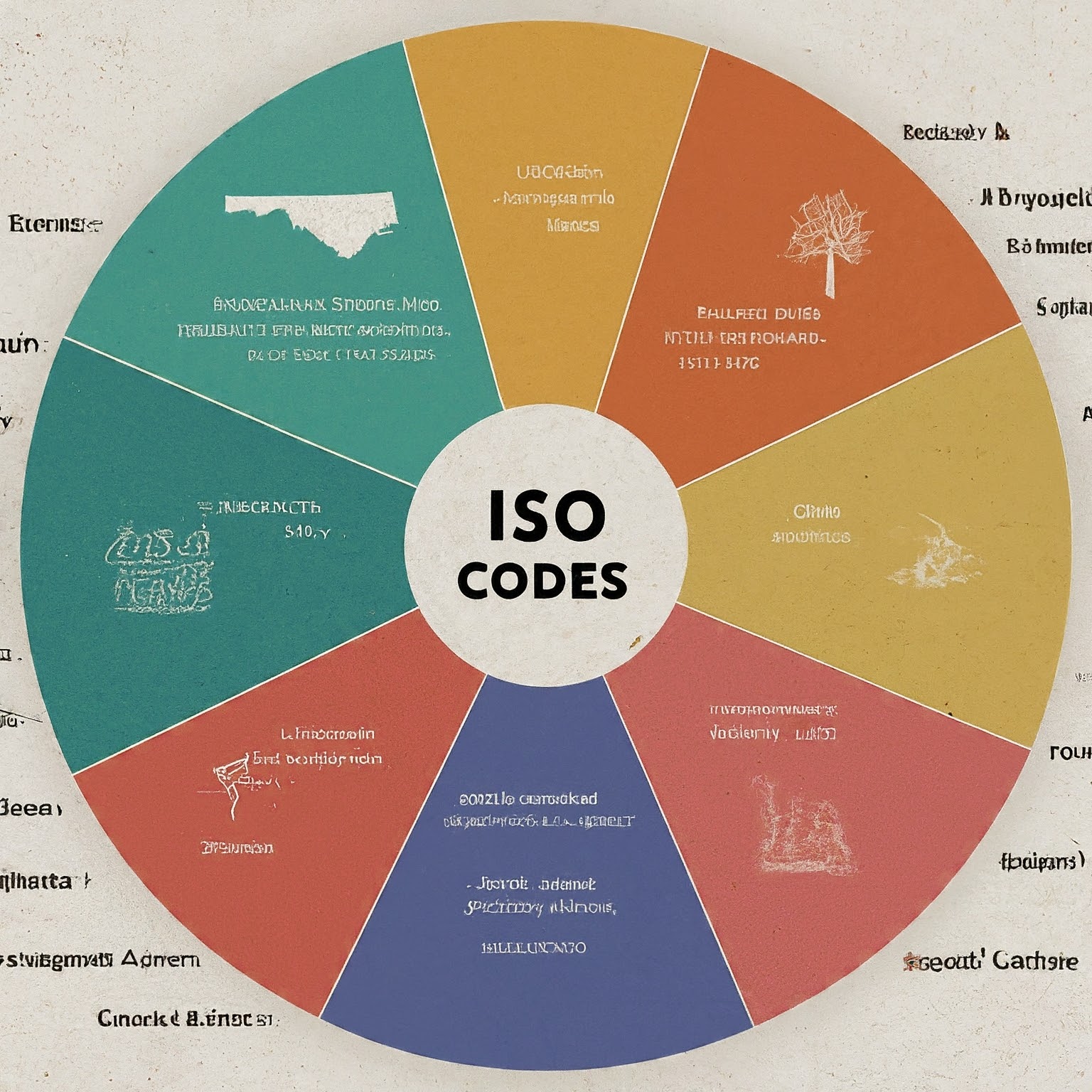In our increasingly interconnected world, clear and concise communication is paramount. This is especially true when dealing with international data, where consistency and accuracy are essential. This is where country ISOs come in.

Country ISOs, short for International Organization for Standardization country codes, are unique identifiers assigned to every country and certain dependent territories. These standardized codes come in three formats:
-
ISO 3166-1 alpha-2:
- The most widely used format, consisting of two alphabetic characters (e.g., US for United States, FR for France). You’ll see these codes prominently displayed in top-level internet domains (like .com or .uk).
-
ISO 3166-1 alpha-3
- : Three alphabetic characters offering a clearer association between the code and the country name (e.g., USA for United States, FRA for France).
-
ISO 3166-1 numeric:
- A three-digit numeric code (e.g., 840 for United States, 250 for France). This format is particularly useful for systems using non-Latin scripts.
Why are Country ISOs Important?
Country ISOs play a critical role in various aspects of international communication and data exchange. Here are some key reasons why they matter:
-
Standardization:
- Country ISOs ensure everyone is on the same page. They eliminate confusion when referring to specific countries in data sets, international trade, travel documents, and more.
-
Efficiency:
- These short codes expedite data processing and communication, especially in electronic systems.
-
Accuracy:
- Using standardized codes minimizes errors and ensures data integrity across borders.
Beyond Borders: Applications of Country ISOs
Country ISOs have extensive applications across various sectors:
-
E-commerce
- : They facilitate online transactions by identifying customer locations and enabling localized experiences.
-
Banking and Finance:
- ISOs ensure smooth international financial transactions by identifying the origin and destination of funds.
-
International Trade:
- They streamline customs procedures and identify the source of imported goods.
-
Travel and Immigration:
- Country ISOs are essential for processing passports, visas, and other travel documents.
-
Public Health:
- ISOs play a crucial role in tracking disease outbreaks and coordinating international healthcare efforts.
In conclusion, country ISOs are much more than just short codes. They are the invisible backbone of international communication, ensuring accuracy, efficiency, and smooth data exchange across borders. The next time you encounter a country ISO, remember the significant role it plays in our interconnected world.